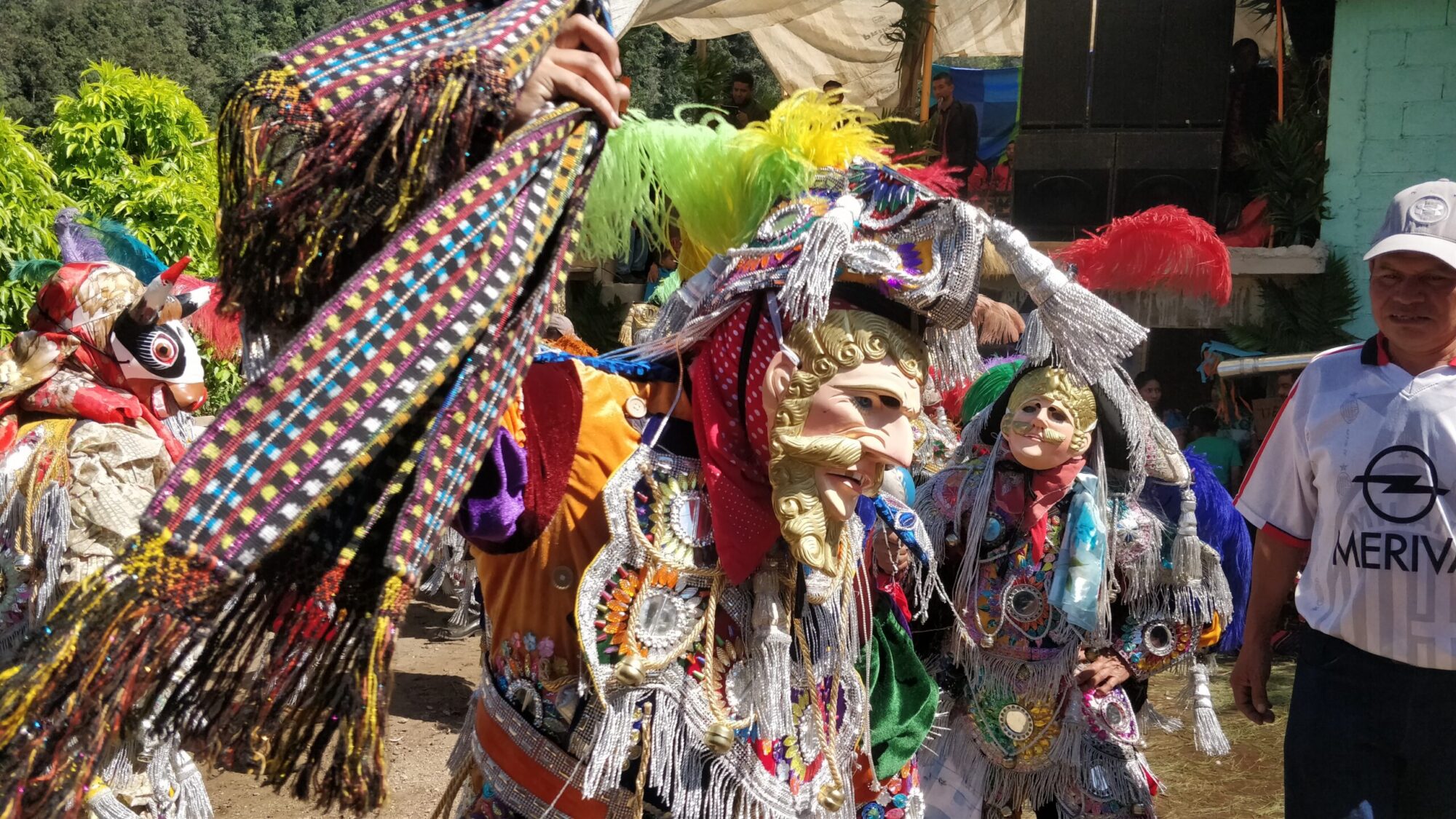There’s a question that has followed us throughout our lives. It shadows our every move. It stalks us from the underbrush of the unconscious and whispers to us from the silence.
Who am I?
It’s a question as old as humanity, the master key to unlock the answers to all other questions. It’s not just something we ask ourselves as children as we develop our personalities, but a search that is just as important –if not more– for us as adults. Children actually seem to have more of a grip on the important issues of life. They know exactly who they are… especially while they’re melting crayons on the hot pavement.
What I miss the most of my childhood was that sense of joy and boundless freedom I enjoyed, before the troubles and the trauma, before the conditioning and the humiliation I’ve been fighting to leave behind. Our childhood was ripe for exploring the world outside because we were so sure of the inner world that all that was left was a sense of free-roam play and freedom. What else is left when we are but to play?
Then, as we grow older and make the transition into adulthood society begins to mold us according to the prevalent values of our time. We are more a product of the zeitgeist of our age than of ourselves, really. Our parents and caretakers are the first to mold us in their own self-image. Then, it was the teachers and educators according to the worldview they themselves were taught. The years passed in such a way and, bit by bit, we began to integrate into a societal dream where the definition of happiness is as flimsy and empty as the self-images of those who, knowing not who they were themselves, sought to teach us who we are.
This is the process our society calls “growth.”
The show went on and we played along with it. In the neverending flurry of one act to the other, we never stopped to consider who we really are as beings. We lost sight of who we really are, thinking we are but the human, and forgetting that we are so much more. If we’re only human, we might as well indulge in every excess, crass indulgence, and take every exit on the road to perdition because what’s the point of being only human?
The answer to the question, as with most things in life, lies within the question itself. What could possibly be the point of being human but being human?
Thus, according to the script we were given, we then step on the stage of life to play our part in the theatrics of being. We play our roles magnificently, even if we don’t like them—the victim, the bully, the addict, the prude. We play soldiers massacring people who’ve done no wrong, greedy businessmen and corrupt politicians. We become false lovers, cruel partners, and dysfunctional parents. Archetypical characters are clichéd for a reason.
We get so caught up in the roles we play that we forget who it is actually doing the playing from behind the mask.
Pretending isn’t something that’s new to us. In fact, it’s something we’ve done all our lives. We’ve had so much practice at being everything except who we are that in the flurry of the masquerade, we never take a moment to stop and realize it’s only theater. When the wearer becomes the mask, he loses himself behind its shadow. Maybe, in forgetting who he is, he wishes to hide his deception by donning his costume
It’s like the joke that says that, beneath the clothes we wear, we’re still naked. If you think about it, you’ve been naked every moment of every second of every day ever since you were born– only you lacked the perspective –and the courage– to realize that you were. The irony is that we wish to know who we are while we’re desperately covering it up so no one sees it—especially ourselves.
The story of Adam and Eve springs to mind. Once the first man and the first woman stepped away from the divine, they became ashamed of their nakedness. What had only a moment before been a glorious paradise (who wouldn’t want to be naked in nature with their attractive other?) then became a source of shame. The further they walked away from the divine within the more shame they felt, which in turn made them walk further away. Fools! What did they think they’d find on the road but the way back?
So too when we step away from our true selves we become ashamed of our nakedness, that which no matter what you do, you’ll always carry with you. The more steps we take away from the source that makes us beings, the more our shame grows.
We become aware of the falsity of the roles we play, the masks we wear, and the costumes with which we cover our nakedness, and how we make them real. The roles we assume are the roles we project onto the stage.
Unless we learn to take the mask off and see who we really are, we will never learn the lesson. Immersed in repeating stories of tragedy, like a theater company that only knows how to put a single play on. We become damned to repeat the same story to exhaustion until the costumes stink and the mask rots away to reveal the exposed being we hid beneath, he who played the part of the human in the theater of life.
Then, clutching at our nakedness in shame, we’ll ask it, “Who are you?”
A knowing smile that radiates the blinding truth, “I am, and me is all I am.”


Leave A Comment